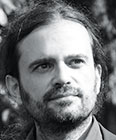
Internist, researcher, indologist
private lecturer Dr. med. Christian S. Kessler, MA is senior physician and research coordinator at the Immanuel Hospital Berlin and is scientifically active at the Charité - Universitätsmedizin Berlin on Ayurveda and many other topics. He has a master's degree in Indology and is the medical director of the advanced training for doctors "Ayurveda as complementary medicine" in Berlin.
In the community of Ayurveda and Yoga practitioners and their patients there are partly fundamental divergences regarding the interpretation as well as the social and medical handling of the pandemic and its consequences. This becomes clear in collegial conversations, e.g. in the context of vaccination discussions, in contact with patients, in facility management and public relations. The topic is not an Ayurveda/Yoga-specific matter, but is representative for the complementary and integrative medicine global community. Since complementary and integrative medicine play a relevant role in patient care in German-speaking countries, this discourse has potentially far-reaching implications for the internal and external impact of these procedures in Germany.
What kind of Ayurveda research do we need? And what do we need for Ayurveda research?
Medical Ayurveda research in Germany and Europe is still in its infancy despite visible efforts and some high-quality scientific publications. Ayurveda is still light years away from a wider acceptance in the public health systems of most European countries - the prerequisite for this is evidence from research and of this there is simply too little and of the little available research too little is really good research. There is still a lack of an interconnected support scene and a sufficiently networked infrastructure for scientific projects on Ayurveda in all areas: basic research, clinical studies and interdisciplinary approaches. This lecture will show which kind of research could make effective contributions to the establishment of Ayurveda in Germany and Europe and which basic conditions have to be created for this.
This lecture will show which kind of research could make effective contributions to the establishment of Ayurveda in Germany and Europe and which basic conditions have to be created for this.
Irritable bowel syndrome (RDS) is a common disease and patients with RDS have symptoms that can significantly affect quality of life. A multicenter randomized controlled clinical trial with 69 patients with RDS was conducted between January 2017 and February 2019 at the Outpatient Clinics for Integrative Medicine at the Charité University Outpatient Clinic for Naturopathy at the Immanuel Hospital Berlin and the Department of Naturopathy at the Essen Mitte Clinics. The patients received either traditional Ayurvedic nutritional counselling or RDS nutritional counselling according to the recommendations of the German Society for Nutrition in three 45-minute individual sessions in weeks 1, 3 and 9 after the start of the study. The study visits took place at the beginning of the study after 3 and 6 months. The primary endpoint was the severity of RDS measured by the IBS-SSS questionnaire after 3 months. Secondary endpoint parameters included stress (using CPSS), anxiety and depression (using HADS-D) and RDS-specific quality of life (using IBS-QOL). First results of this study will be presented.

Rosenberg Ayurveda and Wellness-Consulting AG
European Academy for Ayurveda Switzerland
Büelstrasse 17
CH-6052 Hergiswil NW
info@ayurveda-symposium.org
Newsletter
* I have the Privacy policy taken note of. I agree that my details and data for answering my enquiry are collected and stored electronically.

2024 © Rosenberg Ayurveda Academy gGmbH